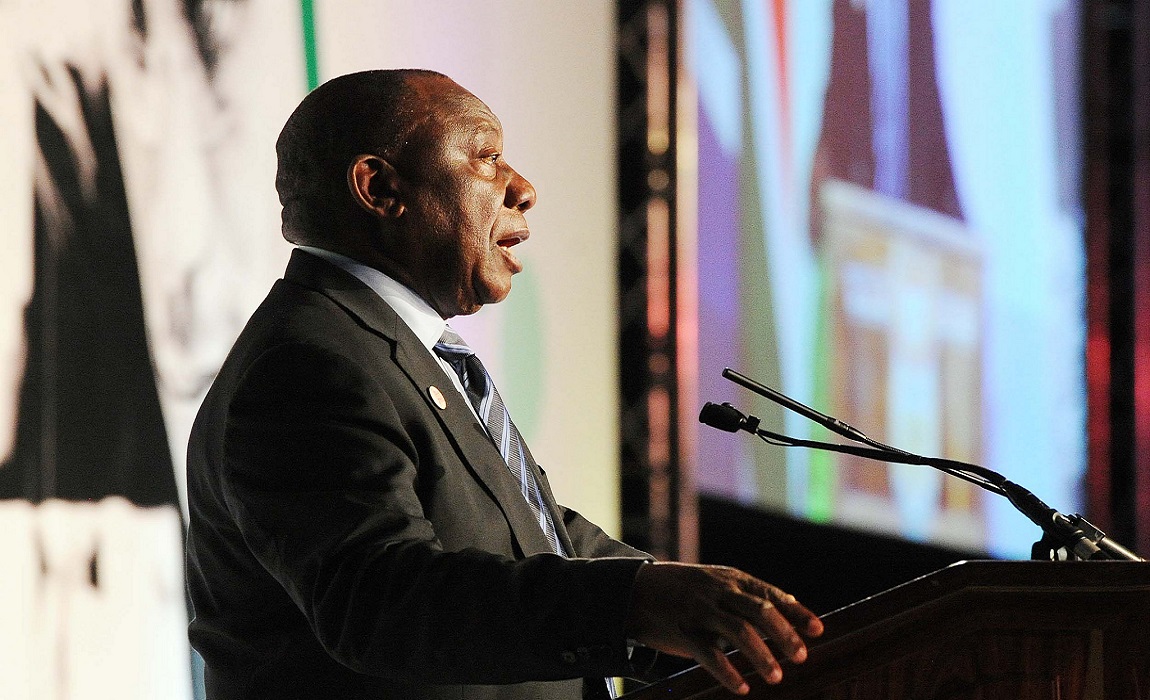The City of Cape Town has begun redesigning parts of Imizamo Yethu, the informal settlement in Hout Bay that was devastated by fire at the weekend, in a process known as reblocking. But questions have been raised about whether it’s done enough to involve residents in the process.
Three people died and 15 000 people have been displaced by blaze, which the City of Cape Town has described as “one of the worst informal settlement fires that we have experienced to date.â€
Reblocking is the rearrangement of shacks in informal settlements to widen pathways betweens homes and open up spaces for roads and communal areas. It also involves dismantling structures and rebuilding them with inverted box rib (IBR) galvanised steel sheets, which are fire resistant.
Spokesperson for Cape Town Fire and Rescue Services, Theo Laynes, explained that shacks are usually built with commonly found materials like wood and plastic which catch fire very quickly. “Then the metal corrugated iron sheeting also plays a part because it heats up quite rapidly and it spreads fire due to conduction as well,†said Laynes.
Firefighters at Imizamo Yethu also had to contend with the limited amount of space and the residents’ desperation. “Access for the firefighting vehicles was a major problem there, said Laynes. “Then they had to contend with the people themselves, wanting firefighters to extinguish fires in specific areas.â€
Nkhokeli Ncambeli, the Western Cape coordinator for the Informal Settlements Network (ISN), a grassroots initiative that works with the City to improve conditions in urban slums, told The Daily Vox reblocking is important to prevent fires from spreading. “Informal settlements are really dense, so when you are using IBR zinc, you’re also preventing the fire,†he said.
Ncambeli said community engagement is necessary to ensure that residents buy into a reblocking project. “In my experience when we start reblocking maybe half of the community doesn’t want reblocking because they don’t know what reblocking looks like. People are scared of decreasing their structure sizes,†he said. “So you need to engage consistently with the people because if you’re not, the people will reject the reblocking.â€
Failing to engage effectively with the community on reblocking efforts can have devastating effects. In 2014, Tsepiso Karadi was killed by a group of people in Protea South who were upset that he had extended his fence in compliance with a “realignment exercise†ordered by the local council.
But ISN coordinator Mzwanele Zulu said that prior to the fire at the weekend, there had been no planned projects to start reblocking in the settlement. “The last time we engaged Imizamo Yethu, it was round 2009,†he said.
Ian Neilson, the City of Cape Town’s acting executive mayor, said in a statement on Monday that in the wake of the fire, the City will be reblocking large parts of Imizamo Yethu.
“It will take at least a week for the City’s Solid Waste Management Department to clear the debris. The site would then have to be levelled and redesigned. This will take approximately a week, if all goes according to plan,†he said.
Neilson said that the city has discussed this with the community and its leaders. However, according to GroundUp, residents are not aware of the city’s plans. Residents told GroundUp that shacks rebuilt on Sunday had to be demolished again.
Deborah Mkhapuza from the Imizamo Yethu Movement told GroundUp that the City “just acts without notifying peopleâ€.
“They [the residents] do not know what is happening even though they are the ones that have lost their homes,†she said.
The City of Cape Town adopted reblocking in 2013 (PDF) as part of its informal settlement upgrading strategy. Reblocking has been included in the city’s integrated development plan (PDF) and finds have been set aside for it from the urban development budget for the next five years.
The city has chosen 21 informal settlements to form part of a reblocking pilot phase. It has already successfully re-blocked the informal settlements of Kuku Town, Mtshini Wam, and Sheffield Road. Imizamo Yethu was not one of the settlements on the list (PDF).








